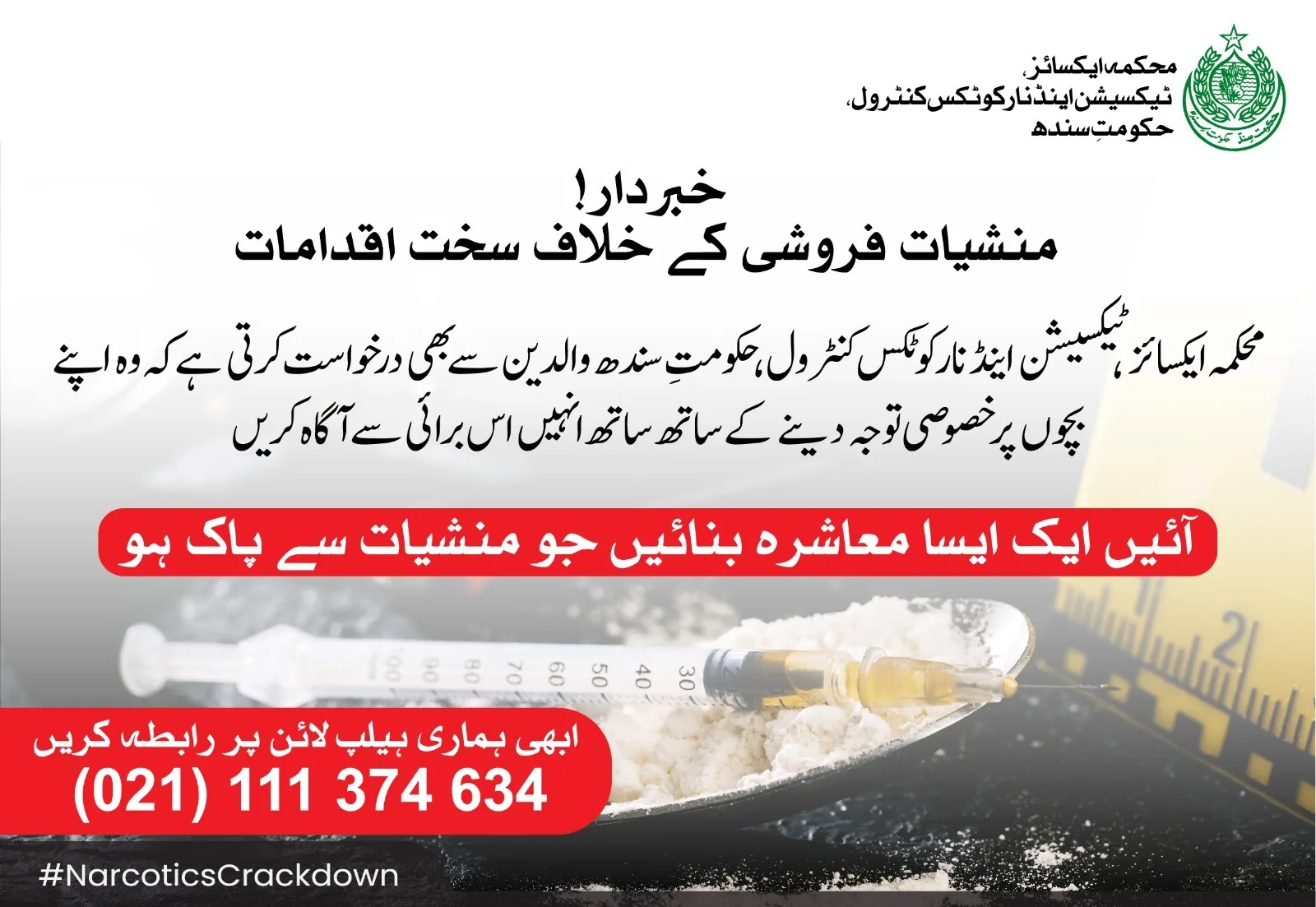
ISLAMABAD, September 15 (Online): Heart palpitations can be scary, particularly if they happen during the night when a person is lying down to sleep and when they occur, a person may feel a pulsing sensation in their neck, chest, or throat.
Although heart palpitations are not usually a cause for concern, they can sometimes be a sign of an underlying condition.
People with heart palpitations typically experience one or more of the following sensations:
- a rapid heartbeat
- a fluttering heart
- skipping beats or extra beats
The palpitations can start at any time of the day, including at night, when a person is resting. They can last from a few seconds to a few minutes.
Heart palpitations are common, and doctors generally consider them harmless.
People who sleep on their side, in particular on the left side, may be more prone to heart palpitations at night. The reason for this is that the heart is right next to the chest wall, and the sensation reverberates.
Heart palpitations may also be more noticeable at night because there are fewer distractions and lower noise levels when lying in bed.
There are several possible causes of heart palpitations, including external factors and some underlying health conditions.
Some common causes include:
- exercise or other physical activity
- certain medications, such as asthma inhalers, cold medicine, or thyroid pills
- alcohol
- stress or other strong emotions
- recreational drug use
- caffeine
- nicotine use
A number of underlying conditions can also cause heart palpitations, including:
- overactive thyroid
- low blood pressure
- arrhythmia, an irregular heartbeat
- low blood sugar levels
- anemia
A 2018 study involving 688 people with heart palpitations found that in 81% of cases, symptoms were associated with cardiac arrhythmia. The authors suggest that early detection and treatment of arrhythmia are key to treating the condition.
The following triggers may also cause heart palpitations:
- dehydration
- pregnancy
- fever
- eating rich foods or foods that are high in monosodium glutamate (MSG), fat, or sugar
Occasional heart palpitations do not necessarily require medical advice or treatment.
However, a person should see a doctor if they experience the following symptoms:
- dizziness
- confusion
- tightness or pain in the chest
- trouble breathing
- feeling faint
Heart palpitations occur randomly. Due to this, they may not happen during a consultation with a doctor or while wearing a heart monitor, which can make the diagnosis more challenging.
To diagnose heart palpitations, a doctor will ask questions about:
- when the palpitations occur
- the sensations that they cause
- the length of the palpitations
- how frequently they occur
- suspected triggers of the palpitations, such as medications, caffeine, or eating a heavy meal
- a person’s lifestyle
- any known underlying conditions
The doctor will then perform a physical examination.
They may also order one or more tests, including:
- Holter monitoring to monitor a person’s heart for 24–48 hours to show how the heart typically functions
- an electrocardiogram (EKG), which reports the heart’s rhythm
- an ultrasound of the heart to examine its structure
- a loop recorder, which is an implanted device that looks for abnormalities in heart rhythm over time
- a stress test
- blood tests to check for underlying conditions, such as anemia, thyroid imbalance, or low potassium
Treatment for heart palpitations will vary depending on the cause.
If the cause is unclear, the usual course of action is to make lifestyle changes, such as:
- reducing stress, for example, by practicing meditation techniques
- quitting smoking, if applicable, and avoiding secondhand smoke
- avoiding caffeine
Other measures that may help include:
- reducing or eliminating the intake of alcohol
- drinking enough water or other liquids
- eating regular meals
- getting enough sleep
A doctor may also review a person’s medications and supplements to determine whether they are causing or contributing to palpitations.
If a heart condition is causing heart palpitations, a person should talk to a doctor about treatment options. Some common treatments include:
- Cardiac ablation: A doctor threads small wires through the legs into the heart to find the location of the arrhythmia. They then use energy to destroy the area of heart tissue responsible.
- Defibrillator: Doctors implant a device to regulate the heartbeat.
- Cardioversion: Electrical shocks help return the heart to a normal rhythm.
- Medications: Medications, such as beta-blockers or calcium channel blockers, help the heart return to a normal rhythm.
Heart palpitations can happen at any time of the day or night.
There are numerous possible causes and triggers, such as taking certain medications or consuming too much caffeine.
Heart palpitations can also occur due to one of several underlying health conditions, which range in severity and include dehydration and heart disease.
Heart palpitations should go away within a few seconds to a few minutes. If they do not, or sensations of confusion, chest pain, or trouble breathing accompany them, seek emergency medical attention immediately.
Stay tuned to Baaghi TV for latest news and updates!











